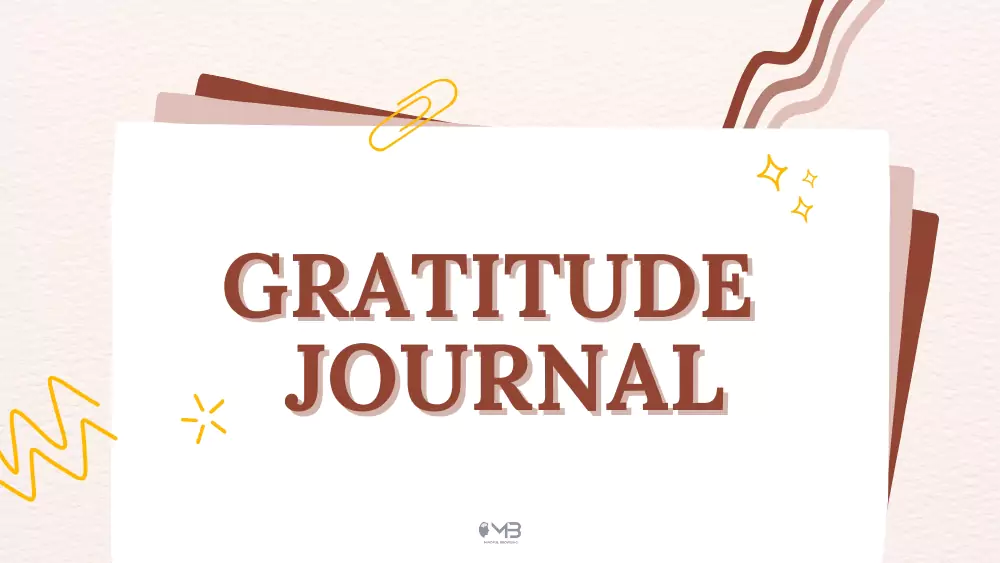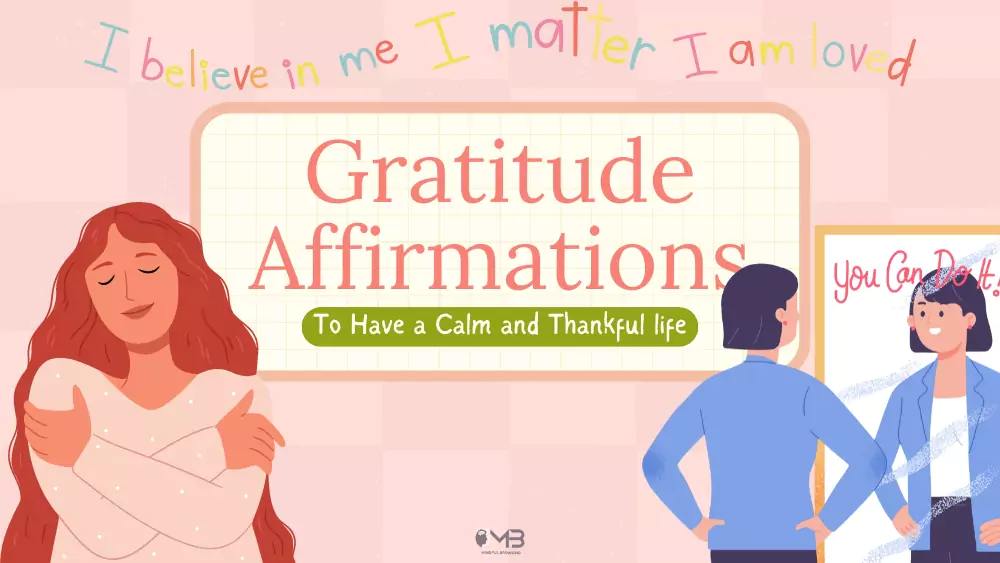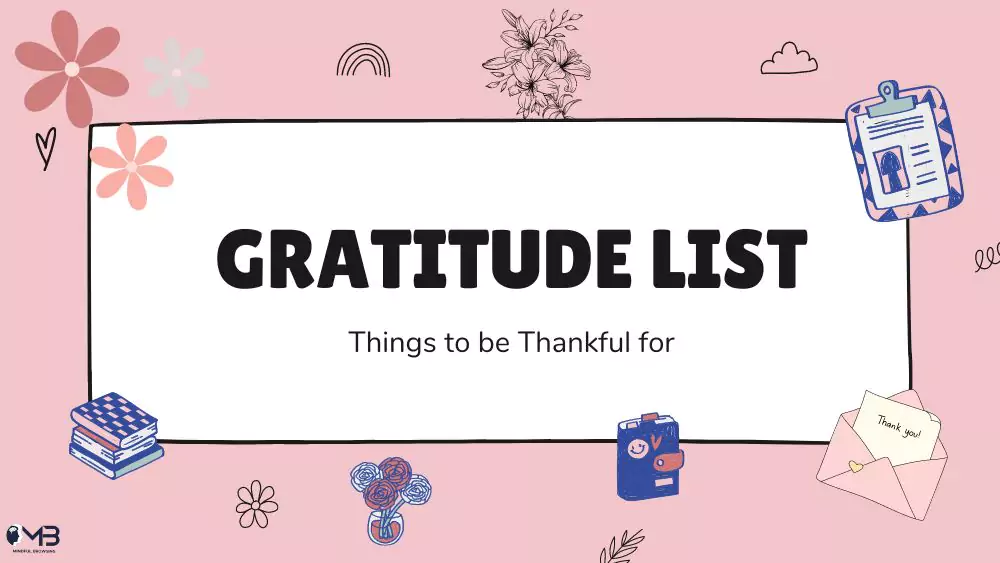
It becomes effortless in the fast world of today to get lost in negativity and overlook the beauty surrounding us. Now, it is gratitude journaling that offers a profound reflection on the positivity of life, creating appreciation, happiness, and well-being, which makes life more meaningful.
Practicing gratitude journaling is linked to a myriad of psychological benefits, including lower stress, greater happiness, and better sleep.
In this study, we will delve into the concept and benefits of writing a gratitude journal, practical methods to implement that practice, and the science behind its effectiveness.
What is Gratitude Journaling?
Gratitude journaling is a useful tool that helps make people more resilient. It enhances the quality of life by dwelling intentionally on good things in life.
A simple practice can lead someone from negative thoughts to positive ones, bring beauty to everyday moments, and cherish relationships and experiences more deeply. It helps you follow your passions and gives you a greater sense of purpose.
This great habit allows you to see life from a new perspective, take joy in the simple things in life, and make your life more blissful. Make sure to create space in your life for this gratitude diary as a daily or weekly practice, and enjoy its benefits for yourself.
The Science Behind Gratitude Journal
A research study shows that writing in a gratitude journal has a significant influence not only on mental health but also on the wellness of a person.
Studies have revealed that people who use gratitude journaling reported having fewer negative emotions and more optimism about life. The process of translating abstract thoughts into concrete expressions enhances the emotional impact created by writing about positive experiences.
A benchmark study has demonstrated individuals who kept gratitude journals on a weekly basis exercised more regularly. Reported fewer physical symptoms, felt better about their lives as a whole, and were more optimistic about the upcoming week compared to those who recorded hassles or neutral life events.
More interestingly, Paul J. Mills, PhD, professor of family medicine and public health at the University of California, San Diego observes, “It seems that a more grateful heart is indeed a more healthy heart and that gratitude journaling is an easy way to support cardiac health.”
How to Start Gratitude Journaling

To help you get started with gratitude reflection, here are the following steps:
1. Choose Your Medium
Once you begin writing down your gratitude, the first thing is to use the medium. It might be a physical notebook, digital platform, or even a jar of gratitude.
What’s foremost is that you develop a constant practice of gratitude, no matter what platform you may choose.
2. Set a Routine
You can make a life routine to record in the journal. Be it in the morning to prepare your mind for the right track or even at night for reflection.
Gratitude journaling, especially at night, gives you a chance to reflect on the blessings of your day. To calm down your mind, and to prepare for the following day.
3. What to Write in Diary?
Make a list of things you are thankful for: people you love, personal achievements, little pleasures, enjoying nature’s beauty, and more.
Including gratitude prompts into your journal will encourage reflection and naturally get you into the habit of journaling. Example of these prompts are
- “Today, I’m grateful for…”,
- “Thank you for your help…”,
Similarly, filling up your gratitude diary with some inspirational quotes and affirmations that will really kick off the infusion of positivity throughout your day.
4. Reflect Periodically
Reflecting on your previous gratitude journal entries at times seals the lifetime attitude of gratitude in one’s life. You will return to previous times that you appreciated most, hence cementing your feelings to continue even in tough times.
While reviewing, seek answers to such gratitude questions like “What patterns of gratitude have emerged in my life”? You can schedule regular reviews to help revisit appreciation, celebrate progress, and add new leaves to your gratitude tree.
You May Also Like: Top Gratitude Apps to Enhance Your Journaling
Benefits of Gratitude Journaling
Some benefits of writing gratitude in the diary are listed below:
1. Improves Mental Well-being: Positive writing for gratitude can impact mental well-being by easing some of the problems that are caused by stress, anxiety, and depression. In general, while changing your negative thoughts.
2. Deepening Relationships: The power of gratitude journaling enables you to connect better and establish a closer and more meaningful relationship. Feeling and hence, expressing appreciation towards your loved ones is an excellent way to establish and strengthen relationships.
3. Increases Resilience: Gratitude journaling increases resilience, empowering you to cope with adversity by shifting focus to the good.
4. Boosts Self-Esteem: It promotes self-appreciation and confidence and you build a more compassionate, supportive relationship with yourself.
5. Deeper Appreciation: The gratitude journal accelerates the highest level of appreciation towards gratitude in itself with the difference between being thankful and feeling grateful for fostering a more profound appreciation for meaning and purpose in one’s life.
Best Gratitude Journals
When you choose a journal, also consider other factors based on format, size, inspiration, or personality to establish gratitude in your life. Here are some of the top gratitude journals.
- The Five Minute Journal 4.6/5.0 (13,832 Ratings)
- Start With Gratitude: Daily Gratitude Journal. | Positivity Diary for a Happier You in Just 5 Minutes a Day-4.6/5.0 (7,298 Ratings)
- Gratitude: A Day and Night Reflection Journal (90 Days) (Inner World)-4.7/5.0 (6219 Ratings)
- The 5-Minute Gratitude Journal: Give Thanks, Practice Positivity, Find Joy 4.7/5.0 (4,515 Ratings)
- Gratitude Journal: Invest few minutes a day to develop thankfulness, mindfulness, and positivity 4.7/5.0 (3,880 Ratings)
Conclusion
By embracing the practice of gratitude journaling, combined with gratitude meditation, you find your purpose in life, strengthen relationships, and find joy in everyday moments. Step into transformation by starting your journey today!






